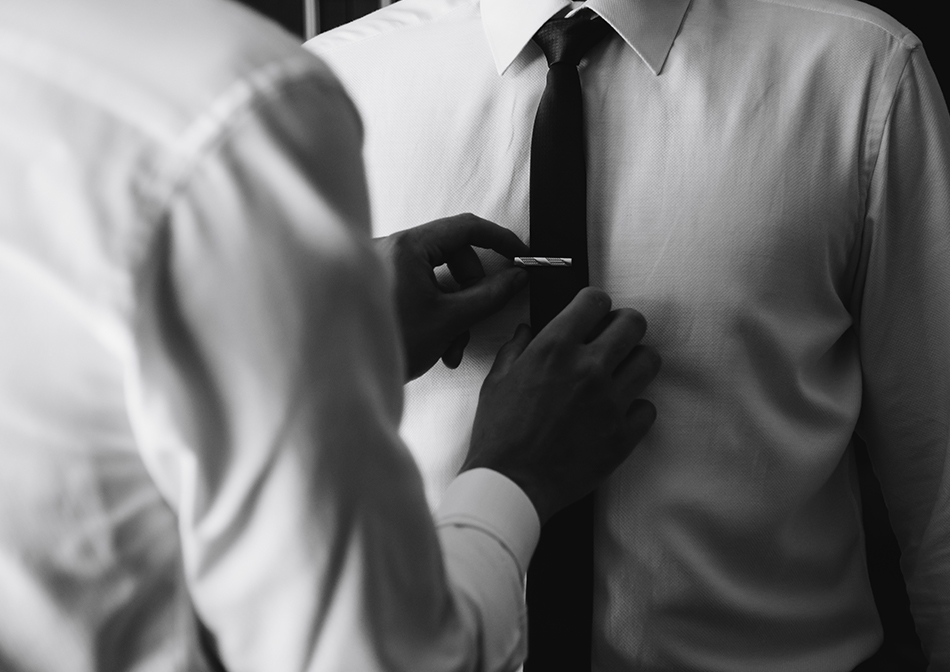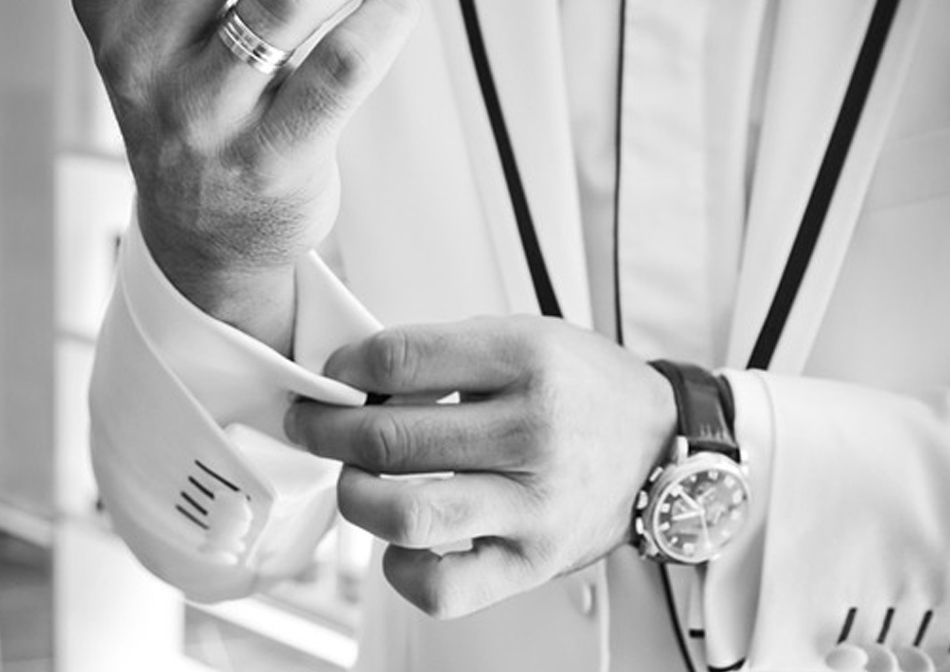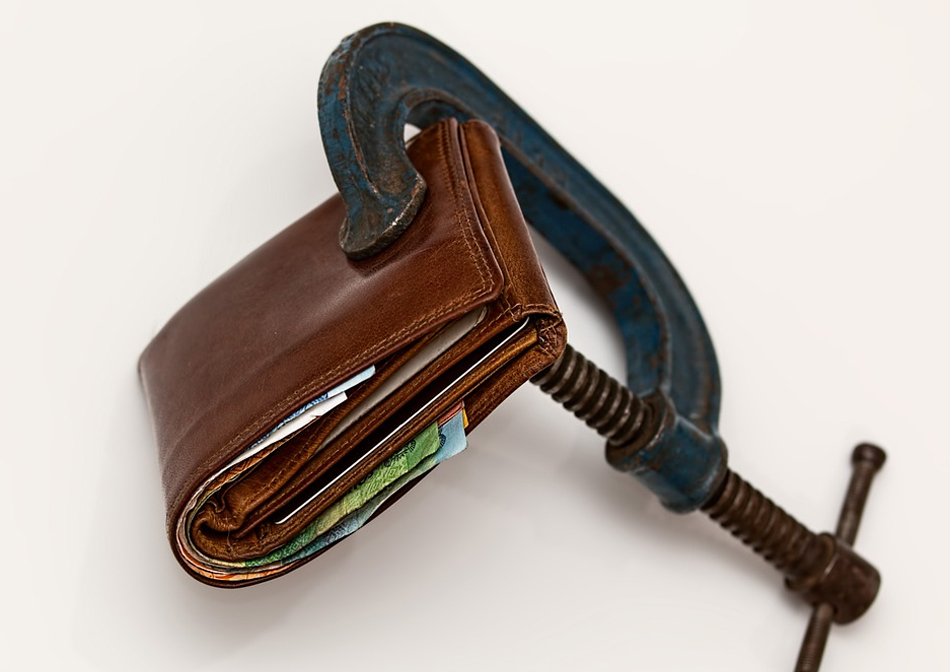Blogs
How to put on cufflinks
Wear the correct shirt.
Cufflinks are most commonly worn with French cuff (also known as double cuff) dress shirts. This sort of shirt has extra long cuffs that fold back on the cuff material, creating layers. French cuffs don’t have buttons on the sides to connect the cuff. Instead, there are small holes on each side of the cuff, where cufflinks are added. Wearing cufflinks with this shirt means that the cufflink will be securing four layers of shirt fabric. This is a dressier look, and the most classic style of shirt to wear with cufflinks.
- Cufflinks can also be worn with single cuff shirts, the variety typically found at department stores. Wearing cufflinks with this style of shirt is a more casual look.
- If you are wearing a single cuff shirt, there is no need to fold back your cuffs.
- A single cuff shirt will not use the “kiss cuffing.” Instead, the two cuff edges overlap one another, making a barrel shape.
- Again, you can wear cufflinks with single cuff shirts, but it is considered to be a far more casual look. Traditionally, cufflinks are paired with French cuff shirts for formal occasions.
- For a single cuff shirt, align the cufflink holes by making the overlapping of the cuffs looser or tighter, until the holes match up.
Ways to Organize Your Wallet
Here’s a familiar scenario: You finally bite the bullet and treat yourself to new handmade leather wallet you’ve been keeping tabs on. For a solid week or two, you keep your new leather wallet pristine and only to slowly start to pack it with extraneous minutiae: Extra cards, loose change, paper scraps, ticket stubs, receipts, and other junk.
Not only can this completely stretch out the supple leather and suede, but it also can—as crazy as it sounds—create high levels unnecessary stress for you on a daily basis.
Overstuffed bags and wallets hinder you from finding what you need quickly, such as Metro cards (which can cause missed-trains), key cards to get into your office (resulting in being late), or that $5 bill to buy that coffee (which holds up lines, inherently creating stress.)
The good news: Organizing your wallet is way easier than you think. Read on for a guide to cutting unnecessary clutter right now.
Always utilize the bill holder.
Folding cash sticking it in card slots, or any other pocket creates a mess—there’s a reason why the bill pocket exists. Always make sure your bills are neatly inserted for easy access and exchange.
Do a card check.
Take out every card you’re carrying and lay them out on a table, and start to decide if you really need to be carrying every single card every single day. A good breakdown of what’s needed:
Imperative to have daily: Your driver’s license or some form of valid identification (use the plastic ID section if your wallet has one), your health insurance card, your debit/ATM card, the one credit card you use the most, and any card needed to get into your place of work. Organize the cards in pockets according to those you grab most often.
Not needed daily: Secondary or “emergency” credit cards, rewards/discount cards/gift cards (only carry these when you know you’re heading to the retailer), membership cards, library cards, business card you’ve been given, dental and vision insurance cards. Keep these things all together in a pouch at home, so you always know where they are.
Go through paper scraps
The biggest offender when it comes to messy, unorganized wallets are paper scraps, namely receipts. Of course, it’s inevitable that we’re going to stick receipts on our wallets, but it’s key that you go through and get rid of ones you don’t need weekly.
A good rule of thumb: Throw away receipts for inexpensive items that are already gone at the time of your wallet purge, such as lunch from yesterday, coffee, a pack of gum, or other everyday things. To avoid clutter from these types of scraps completely, it’s perfectly acceptable to tell the cashier that you don’t need a receipt for these items to begin with.
If you’re fastidious about budgeting, hang onto receipts for larger items such as big restaurant meals or bar tabs, fashion purchases, warranties, and household-related things, but keep them in a separate envelope that can easily be referenced. If you need to return an item, only then should you place the receipt into your leather wallet.
As for other paper scraps—jotted-down addresses, coupons, reminders, phone numbers, etc—throw away anything you won’t need again, as they’ll take up just as much pointless space in a drawer at home as they will in your wallet.



